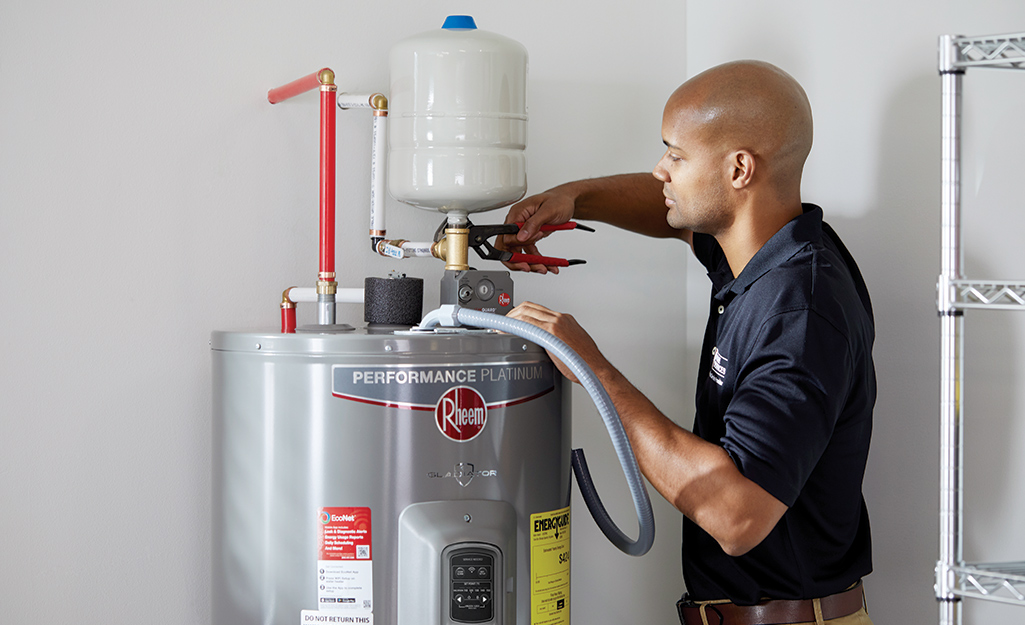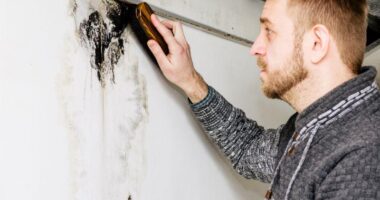When it comes to plumbing installation, working with a professional plumber is essential for ensuring the job is done correctly.
Choosing a qualified and experienced plumber can make all the difference in the success of your project, as well as save you time and money down the line.
Having an understanding of how best to work with a plumber during this process will help ensure that everything runs smoothly. This article will discuss some key considerations when collaborating with a plumber on installation projects.
1. Establish a Plan
Creating a plan for a plumbing installation is an important step in the process. Before beginning any work, it is essential to discuss the objectives of the project with your plumber and establish an actionable plan for completing it.
This should include details such as what materials are needed, how long the job will take, and other expectations. Working closely with your plumber can help ensure that all parties involved understand their roles and responsibilities before any work begins.
Additionally, having a written agreement on hand can serve as a reference point both during and after the completion of the project. As you collaborate with your plumber to devise this plan, make sure to ask questions that can provide insight into their expertise level so you feel confident that they have adequate experience handling projects like yours.
With clear communication between both parties from start to finish, everyone involved in the plumbing installation process can be sure of success!
2. Choose the Right Plumber

Finding the right plumber for your plumbing installation project can be a daunting task. With so many potential candidates, it is important to know how to choose a qualified professional who will do the job properly and on time.
First and foremost, you need to make sure that any plumber you hire is licensed and experienced in the type of work required. Ask around or consult online reviews to find out which plumbers have received positive feedback from previous clients. It’s also helpful if they provide references upon request.
Additionally, look into what types of warranties are offered with their services so you can rest assured knowing that your investment is protected should anything go wrong during installation. When interviewing prospective plumbers, ask questions about their experience level as well as payment options available for services rendered; this will help ensure that both parties are happy with the agreement negotiated before work begins.
Make sure all terms of service are outlined clearly in writing prior to committing yourself financially or otherwise! Finally, consider any additional advice provided by the plumber such as tips for maintaining your plumbing system after the installation has been completed – this could save you money down the line!
3. Gather Necessary Materials
Before beginning the plumbing installation process, it is important to gather all necessary materials. A qualified plumber should be able to provide a list of items needed for the project.
These may include pipes, fittings, tools, and any other supplies that are required in order to complete the job correctly and safely. It is also essential to check local building codes in order to ensure that all materials comply with regulations in your area.
If you have any questions about which supplies might be best for your specific situation, consult with a knowledgeable plumber who can help guide you through this stage of the process.
4. Schedule the Appointment

Booking an appointment for the plumbing installation should be done as soon as possible. This will ensure that a professional plumber, such as Nailsworth Plumber, is available at the time and date of your choice.
Contacting a local or licensed plumber via phone, email, or their website is recommended to schedule an appointment. Make sure to provide accurate information about what needs to be done and when you would like it completed by so that they can give you an accurate estimate of the cost and timeline for the project.
Once all details have been agreed upon, make sure both parties understand exactly what services are being provided along with any additional charges before signing off on the contract. Finally, confirm the final date and time of when your plumbing installation service will begin so that everyone involved is aware of their obligations regarding this project.
5. Monitor Progress and Inspect Work
The fifth step in working with a plumber during the plumbing installation process is to monitor progress and inspect work. It’s important to be involved throughout the process, asking questions and staying updated on any changes or surprises that come up along the way.
The plumber should explain what they are doing so you can understand their approach and ensure it matches your expectations for the project. A great way to do this is by scheduling regular check-ins or reviews of their progress. This will give you peace of mind knowing that things are going as planned, making sure minor issues don’t evolve into major ones down the road.
In addition, ask them if there are any tests or inspections coming up which require additional resources or planning from your end as well as theirs. By monitoring progress and inspecting work throughout each step of the process, you can keep tabs on how everything is progressing while also ensuring quality control standards are being met every step of the way!
6. Finalize Payment

Once the plumbing installation process has been completed, it is time to finalize payment. Before doing so, be sure to ask your plumber what type of payment methods are accepted and when the full amount is due.
Make sure you understand any additional costs related to your projects such as permits or materials that may have not been included in the initial estimate. After ensuring all details discussed with your plumber have been covered, proceed with paying for services rendered.
If there are any problems after the completion of work, contact your plumber immediately as they will be able to provide assistance if needed.




